When I reached President Donald Trump by phone Tuesday night, with his “big, beautiful” bill on a clear track for passage, he seemed to be in a buoyant mood. And no wonder.
In a span of two weeks, he greenlit an unprecedented U.S. strike on Iran, then brokered an almost immediate cease-fire. He watched NATO allies bow to his decade-old demand to pony up more defense spending, then saw the Supreme Court curtail judges’ power to block his policies.
And when he picked up the phone, the president realized he was on the precipice of a major legislative achievement — cementing his campaign-trail promises of “no tax on tips,” increased border enforcement and more.
“It’s been an incredible two weeks,” he said. “Really — it’s been a great six months.”
Particularly on Capitol Hill, things could have gone much different. In fact, they did in his first term. Even with a much larger House majority, he struggled to corral lawmakers who had their own conceptions of what a unified Republican government ought to be doing. Early dreams of tossing Obamacare into the dustbin evaporated; so, too, did the GOP’s House majority.
Much felt similar this time around. You have fiscal hard-liners like Sen. Ron Johnson of Wisconsin and Rep. Chip Roy of Texas groaning about deficits and moderates like Sen. Lisa Murkowski of Alaska and Rep. Don Bacon of Nebraska balking at health care cuts — to say nothing of the various parochial factions pulling the bill back and forth.
But this time, with the Republican Party almost entirely remade at Trump’s bidding, hardly any corralling was necessary. Yes, there were a pair of overnight vote-a-ramas and last-ditch negotiating standoffs. But it all felt awfully fait accompli — as those on Capitol Hill fully realized.
“If anybody's griping, I can tell you right now, it's the same actors, the same movie,” Rep. Derrick Van Orden (R-Wis.) said Wednesday as Freedom Caucus holdouts made their final stand. “It's gonna be the same ending.”
True to form, Trump did it while exhibiting only the lightest interest in the policy details. He was very invested in delivering on his campaign tax promises and boosting immigration enforcement, but rarely much beyond that.
Amid a huge House vs. Senate debate earlier this year over whether to pass his agenda in one bill or two, he turned the standoff into a branding exercise — hence the “One Big Beautiful Bill Act.” Later, he told Republicans not to “fuck around” with Medicaid, but he didn’t bat an eye when Senate GOP leaders cut deeper into the program to finance more business tax cuts.
What mattered, and what he was so effective at, was making clear that he expected Congress to deliver him something — and to make especially clear he would not tolerate any suggestion otherwise.
He brought the bill through the final stretch by setting a completely arbitrary deadline. Much like journalists, lawmakers regardless of party like to drag their feet until the last possible minute, haggling over details until delay is no longer possible.
But most people on Capitol Hill expected a late-summer debt crisis to provide that last push to get the megabill — with its multi-trillion-dollar borrowing-limit hike — over the finish line. Instead it merely came down to Trump’s whimsical desire to have his main legislative priority wrapped in a pretty little bow by July 4.
Demanding the bill land on his desk by Independence Day was quite the flourish for a president with zero tolerance for independence when it comes to congressional relations.
Six months into his presidency, Trump still seems to have endless political capital to burn. A recent CNN poll found that Trump is not only more popular now among the base than he was in his first term, he’s more popular among Republicans than any president in recent memory at the five-month mark — even Ronald Reagan.
“Republicans love Donald Trump the way Americans love Disney World,” as CNN polling guru Harry Enten said earlier this week.
Trump’s popularity inside the GOP shows no sign of flagging even as some in the party questioned whether he was betraying the MAGA cause by striking Iran and risking a new foreign war. He ignored them completely, asserting his sole and unquestioned power to determine what exactly “America First” means, while watching the praise roll in from those same doubting voices as it all played out.
Perhaps that’s why Trump was feeling so optimistic about his “big, beautiful bill” triumph when I reached him Tuesday night. Those around him were just as upbeat: One insider I spoke to predicted the president wouldn’t even have to come to the Capitol to rally the troops.
That panned out: He worked the phones and hosted some holdouts in the Oval Office, but never made the trip down Pennsylvania Avenue. When I reached him, he had been making calls from the White House but declined to say whose arms he was twisting and how hard.
Are you 100 percent confident you’ll pass this bill tomorrow? I asked.
“No,” he said. “But I think it has a very good chance.”
As for those hard-liners threatening to revolt — like Rep. Ralph Norman (R-S.C.) or Andy Harris (R-Md.), the Freedom Caucus chair — he brushed them off.
“Let’s see what happens,” Trump said. “I spoke to Thom Tillis and you saw what happened there, right?”
Sure did: The North Carolina senator wouldn’t fall in line, and in fact raised alarms about the effects the megabill would have on health care and energy production. He went so far as to claim Trump would be betraying his promises on Medicaid by signing the bill as it stands.
Now he’s dealing with a premature end to his political career. As leaders scrambled to push the bill through the Senate this weekend — and as Trump publicly threatened to back a primary challenger — Tillis announced his retirement.
You can bet the House holdouts were watching. Rep. Thomas Massie (R-Ky.), the YOLO-minded Appalachian libertarian, might be willing to go toe to toe with Trump, but most everyone else wants to hold on to their careers in Republican politics.
“We have one vote to go,” Trump told me, nodding to final House approval. “If they don’t vote properly, the American public will have the biggest tax increase that we’ve had — by far. … The border won’t have funding, the military won’t be able to purchase very desperately needed things like ammunition. A lot of bad things will happen.”
“So,” he added, “I can’t imagine anybody voting against it.”
.png)



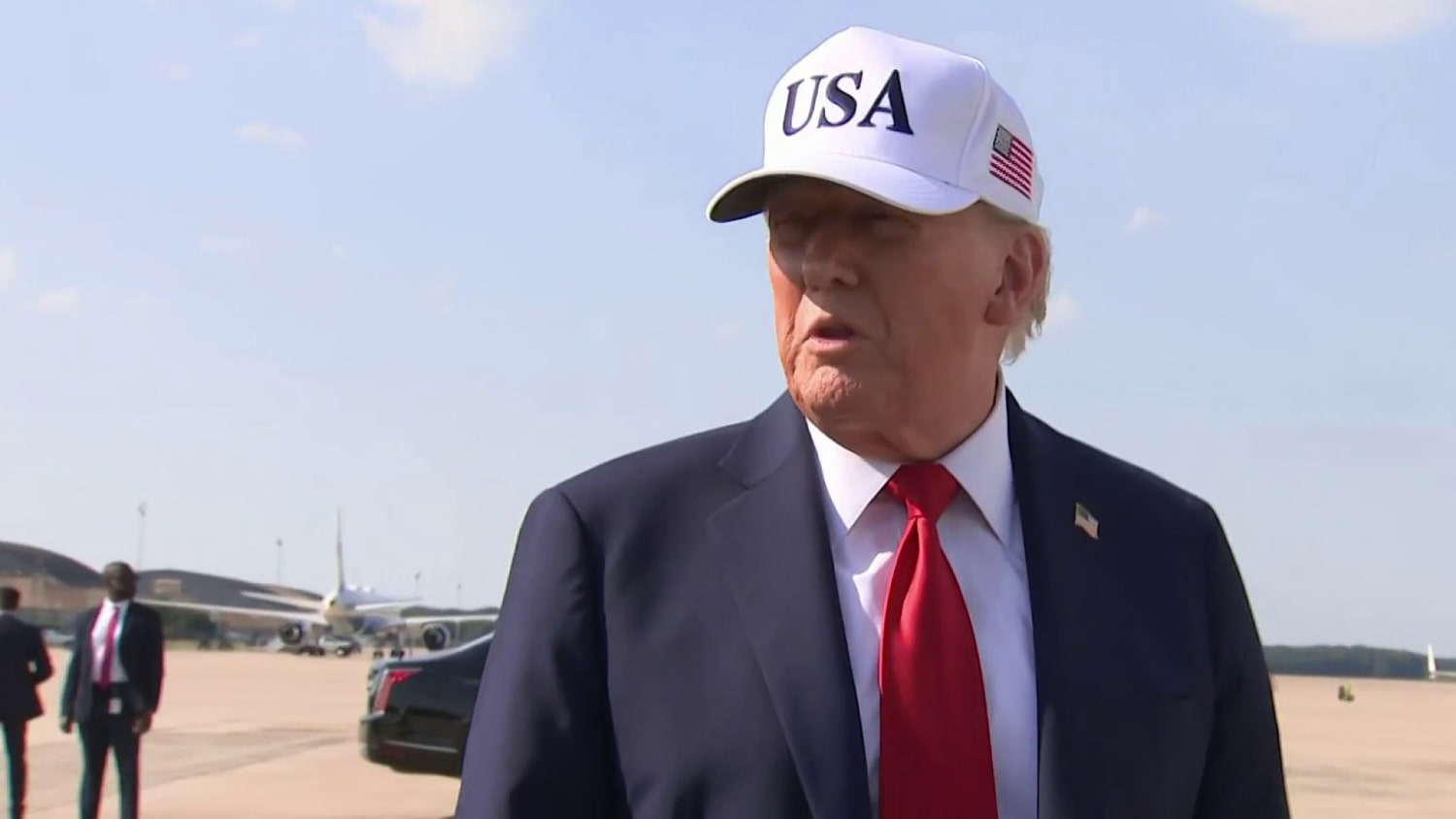

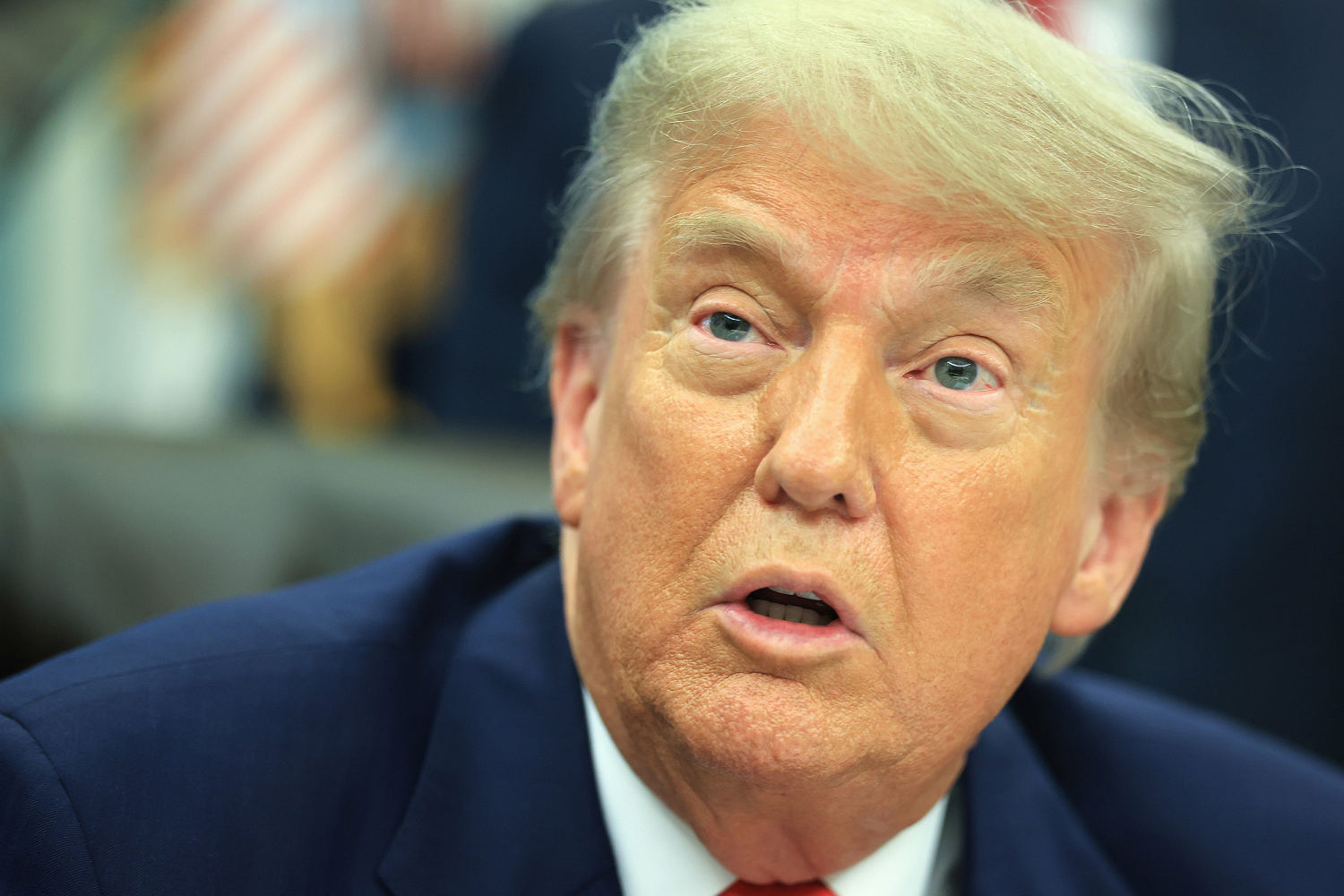
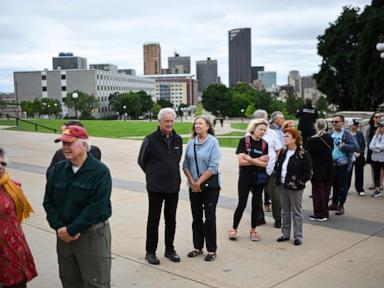
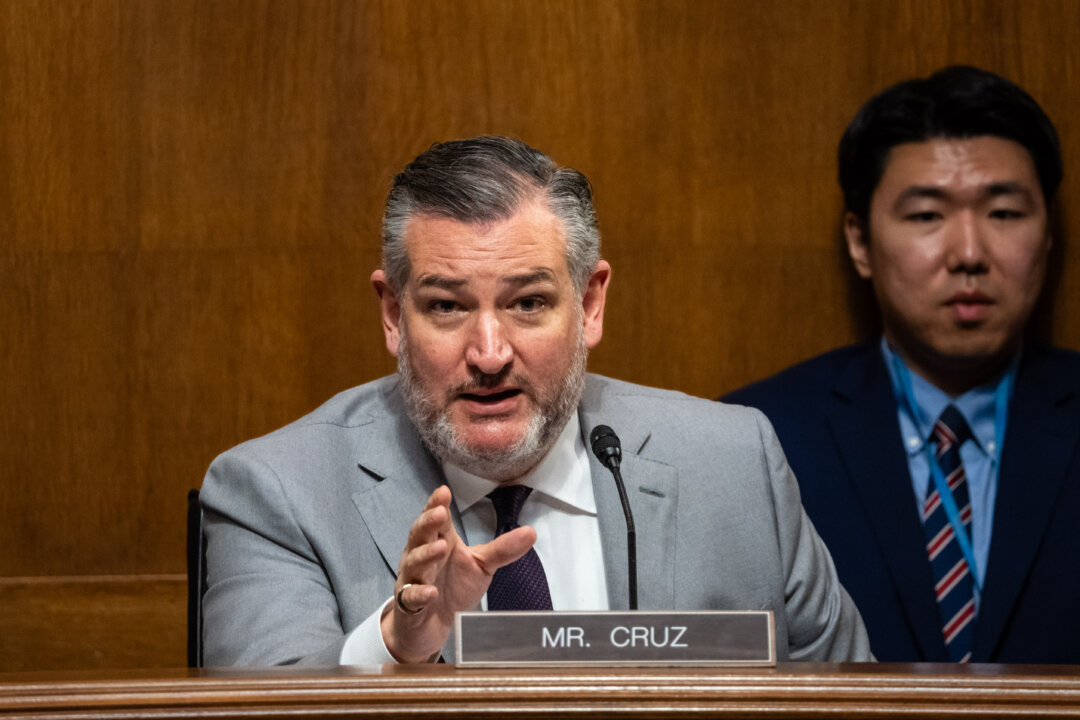


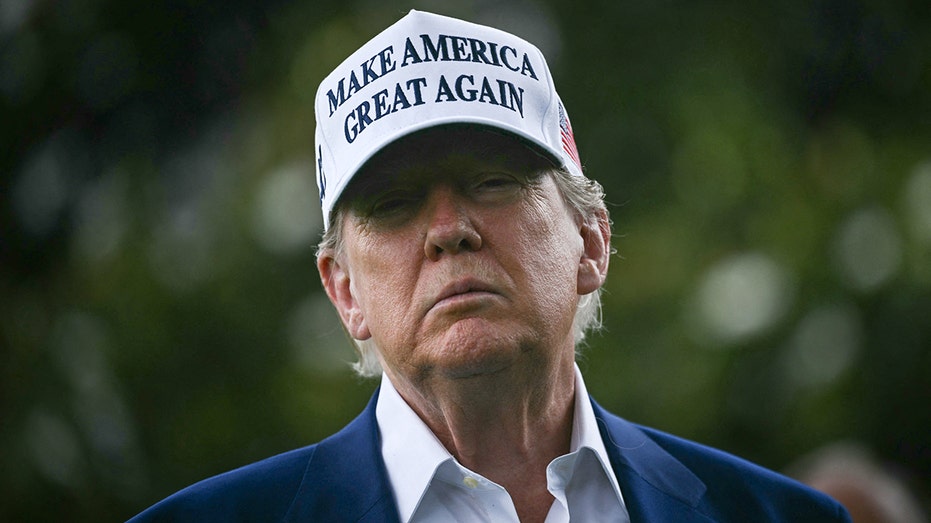
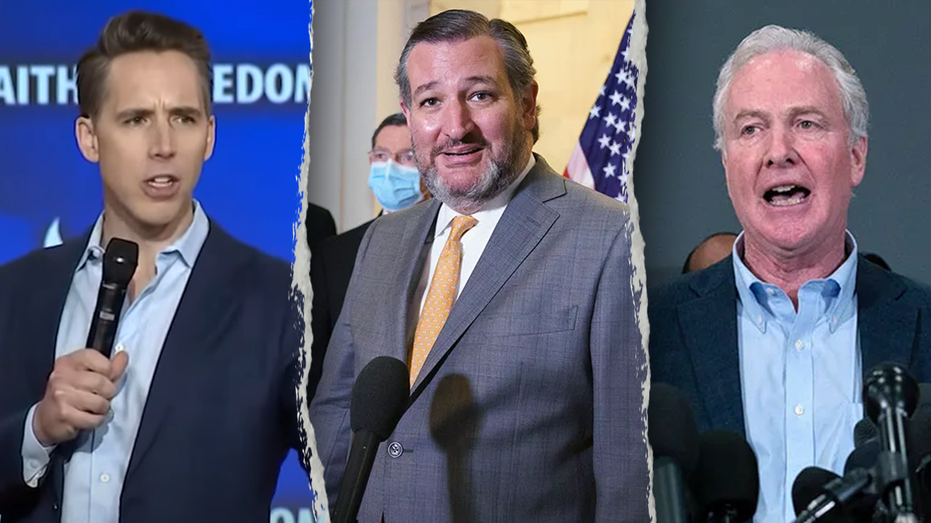


 English (US)
English (US)